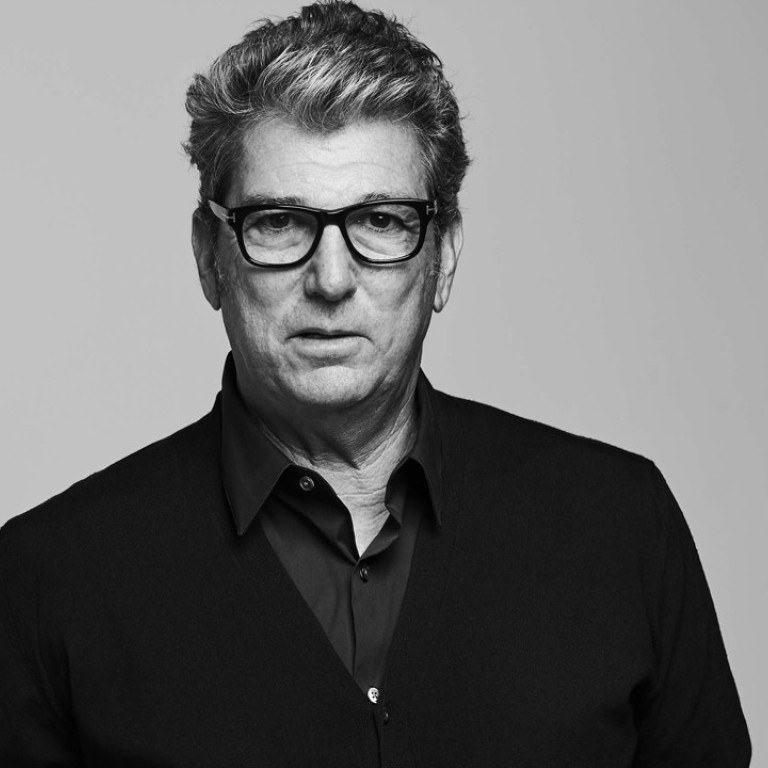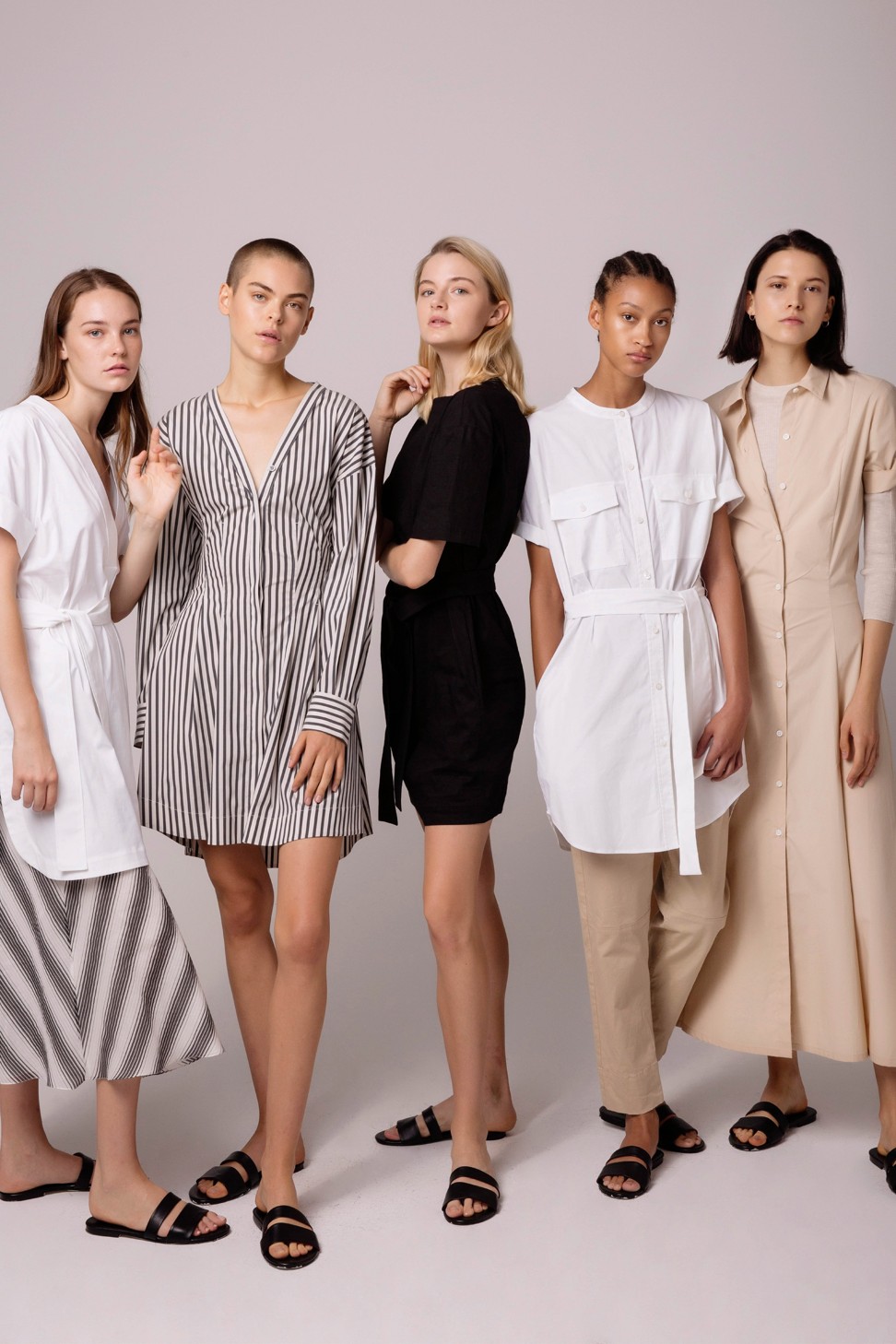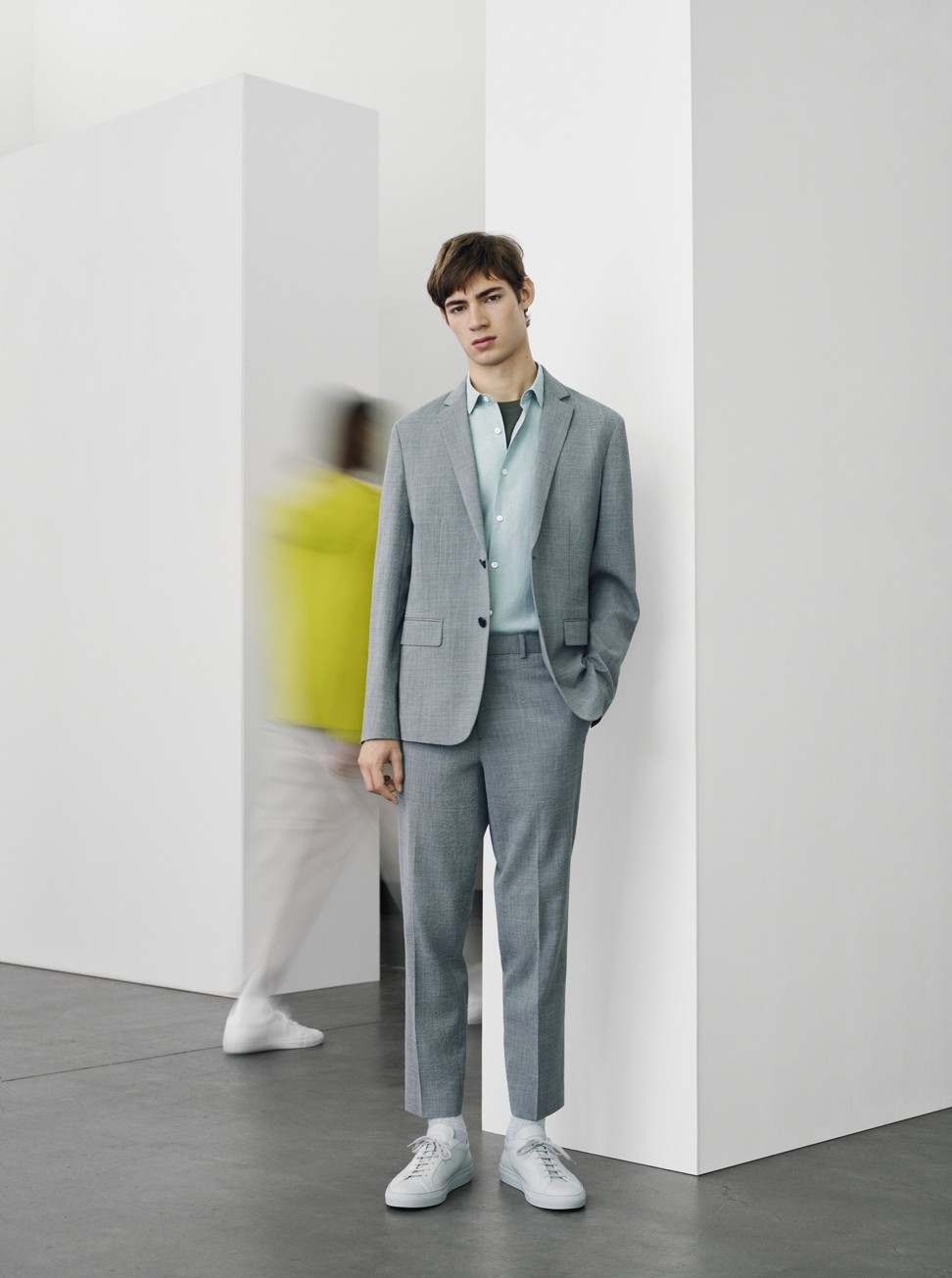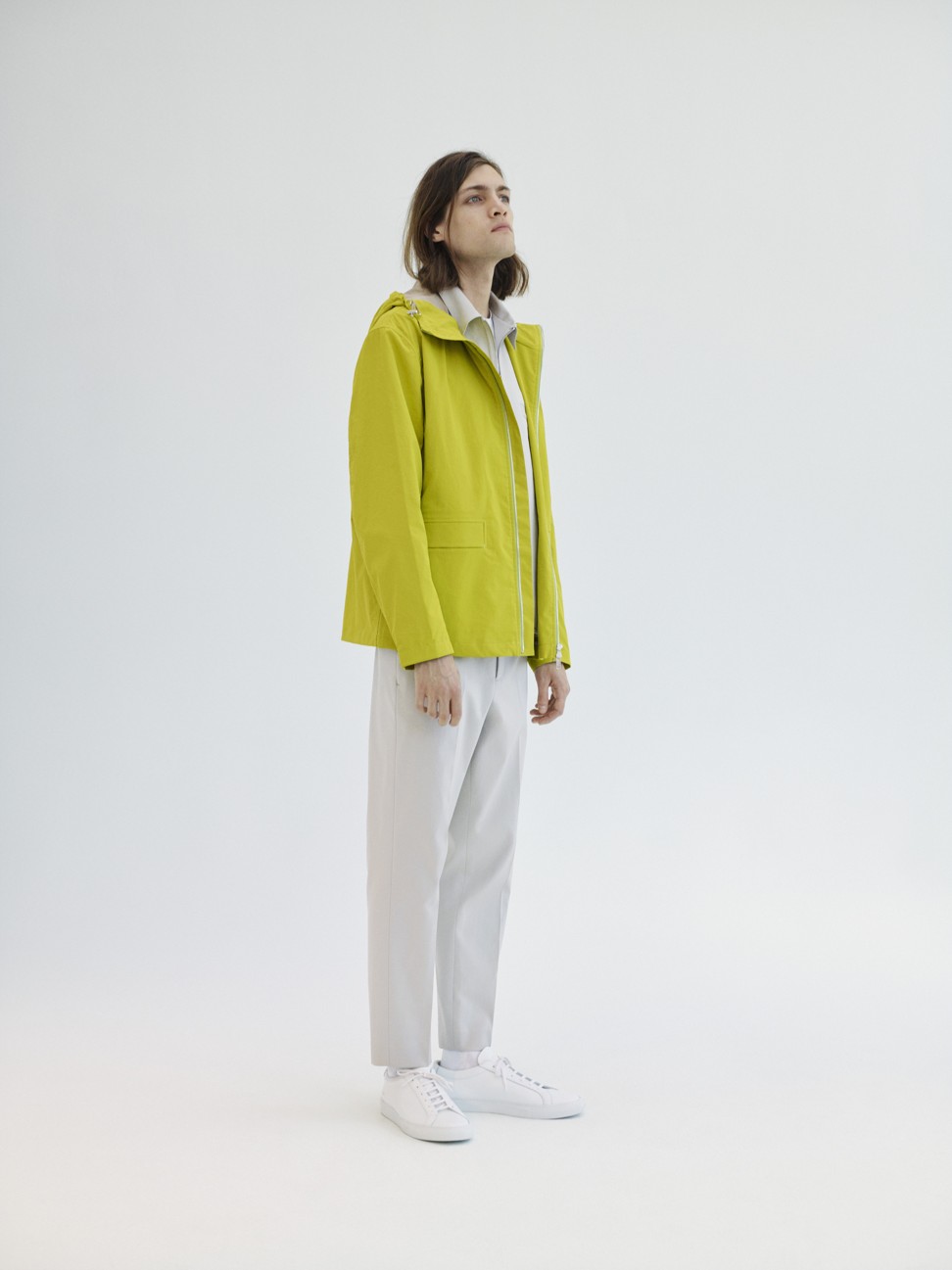
Theory’s Andrew Rosen drops contemporary fashion crown in favour of investing in people
Born into a family of retail entrepreneurs, the fashion mogul says the rise of online start-ups, plus a new injection of fresh blood in the industry, is helping America’s fashion scene evolve and stay relevant
Fashion mogul, mentor, angel investor, entrepreneur – these are just a few of the titles given to Andrew Rosen by his peers – although he isn’t too concerned with labels.
“My perception of myself and what I have done, I look at it differently to others. I enjoy my work, and in some ways I still operate as if I am not successful and haven’t accomplished anything,” he says on a recent visit to Hong Kong. “My wife says to me, ‘What do you want your final chapter to be?’ Honestly, I don’t have a point of view yet, maybe because I am not finished.”
New York Fashion Week: Bottega Veneta swaps Milan for Manhattan catwalks
While there’s no ending to Rosen’s story just yet, there’s no denying the man’s legendary contributions to the American fashion scene. Born into a family of American retail entrepreneurs that date back to the early 1900s, he started out working in the family business in his mid-20s, followed by stints at major fashion companies including Anne Klein. In 1997 he founded Theory and pioneered a new category in the market now known as contemporary fashion.

At Theory, he went on to build a multimillion-dollar company before selling the business to Japanese retail giant Fast Retailing while retaining the role of CEO.
Soon after he began investing in emerging American labels including Alice & Olivia, Proenza Schouler, and Rag & Bone, leading Anna Wintour to credit him with building “an American equivalent” of LVMH. Today his interests in the industry are diverse, ranging from promoting garment manufacturing in New York to investing in online fashion start-ups.
LVMH Prize creator and past winner on the award’s value to young fashion designers in a tough industry
Theory, however, remains his pet project, which is why he’s in Hong Kong. After a few rocky years for the city’s fashion industry, business is on the rise.
The brand’s China business is also growing – 40 per cent a year according to Rosen – and he says that they are looking to expand their “retail footprint and digital capability” in the region.
“Originally Hong Kong was all about luxury, but now the consumer is wanting a certain type of clothing and price point,” he says. “I haven’t talked a lot about this, but to me contemporary clothing is not what I see growing any more in the industry. Besides, we are no longer about contemporary – we make democratic clothes with a design aesthetic and integrity.”

Rosen may have once been called the “godfather” of the contemporary segment, but two decades on a lot has changed. As the market teeters to the point of saturation, he has found himself making changes not only to the company structure but the product itself.
The fruits of his labour can be seen in various, initiatives including Theory 2.0, a capsule designed and spearheaded by younger executives in the company, and the Good Wool collection, made entirely from sustainable Australian merino wool.
I basically invest in people. At the end of the day, there are people that just have it. Their ideas, of course, have to be good and [they need to have] integrity in what they do, but it starts with people
“What we are good at is taking trends and interpreting them so they are authentic for our brand,” says Rosen, sitting in the middle of the brand’s Pacific Place store in Admiralty.
“Look at activewear – it’s everywhere, but it’s not really part of our DNA. So instead, we are making everyday styles that incorporate technical fabrics such as neoteric, which is originally used for mountain climbing,” he says.
“We are also using athletic construction such as heat-sealed seams and stretch waistbands to make our clothes feel better and fit better. We are aware of what’s happening out there but are making it relevant to us.”
For Rosen, and every other fashion CEO, staying relevant in such a competitive market is a top priority. Many have looked to social media channels such as Instagram and Snapchat to tap into what the consumer wants, while others have embraced technology. Rosen has gone one step further and become an angel investor and adviser to emerging, younger brands, which has definitely given him an edge.

“I basically invest in people. At the end of the day, there are people that just have it. Their ideas, of course, have to be good and [they need to have] integrity in what they do, but it starts with people,” he says.
“It’s not just about being involved with them but also sharing the same values and learning. I’ve been doing this a long time and it’s not something I studied to be good at. I was fortunate enough to make my living on something I really understood. I know where opportunities are and am also able to give people good advice.”
What I’m really into are those companies that are more curated and really specifically focused about doing one thing and doing it really well
Unsurprisingly, most of the talents Rosen has chosen to invest in are based in the United States, a market he has helped shape since the 1990s. Since then he has witnessed many changes on home turf, including the current debate on the future of New York Fashion Week and the decline of domestic manufacturing (he is a big supporter of New York’s Fashion Manufacturing Initiative).
More recently we have seen major brands like Michael Kors acquiring other fashion labels to drive growth with the aim of building an American luxury group. So how does he see America’s contribution to fashion evolving?
“For a long time America has been about innovation rather than being stuck in the heritage and history of fashion. Although there are a few companies that do it well, the luxury part of American fashion will not be our major contribution. I respect what’s happening at Michael Kors and Coach but it’s not about building European-type conglomerates.

“What’s exciting are the rise of digital companies like Everlane, Allbirds and Kith. American culture inspires these types of brands, and a lot of energy right now can be found in Los Angeles rather than New York,” he says.
For now, Rosen is generally optimistic about the industry overall. While many question the lack of opportunity for young designers, he recognises one niche in the market that could easily flourish.
“What I’m really into are those companies that are more curated and really specifically focused about doing one thing and doing it really well. So many companies we respect are those that do a narrow amount of product but do it perfectly, like Goyard. That is what being authentic is all about,” he says.

